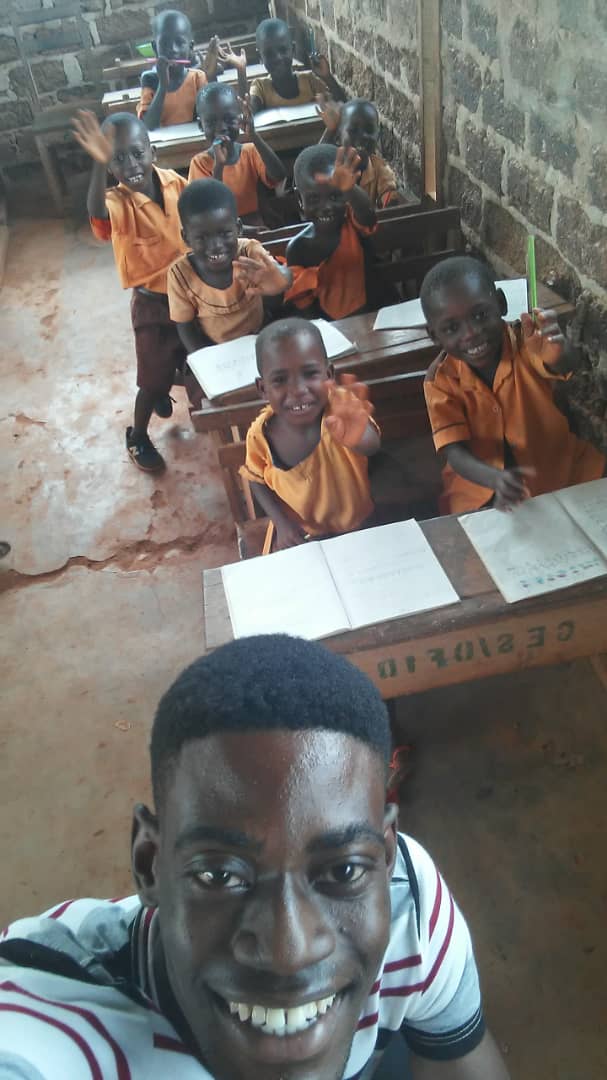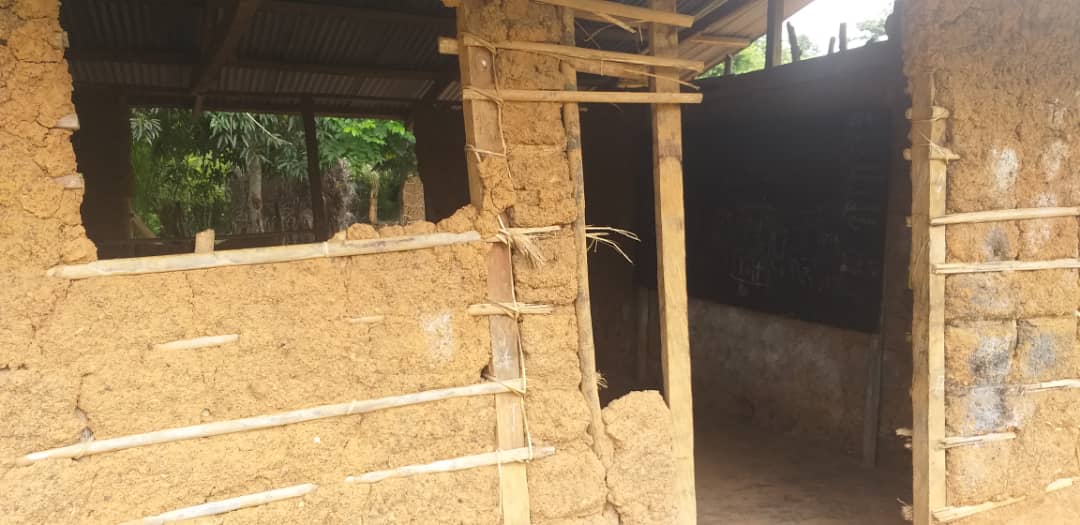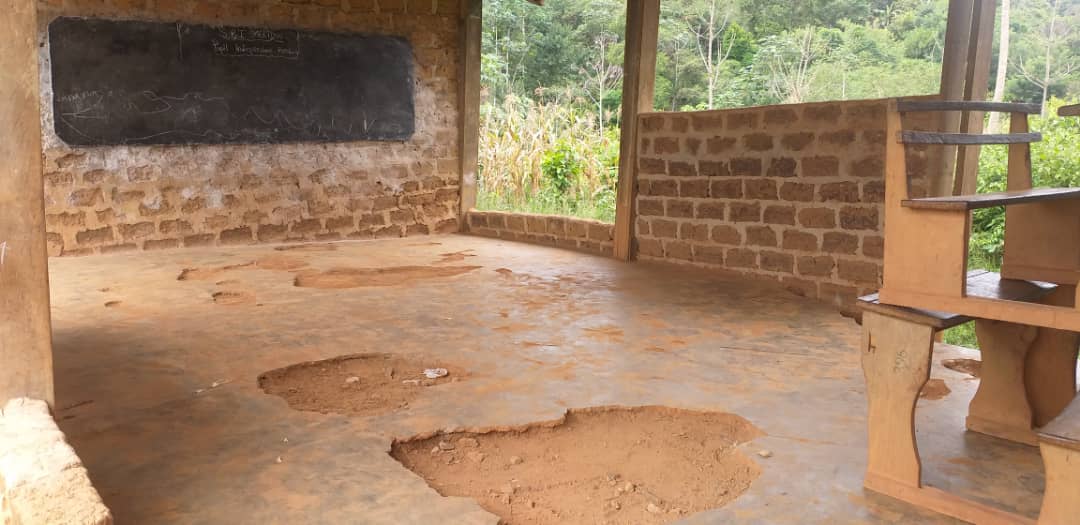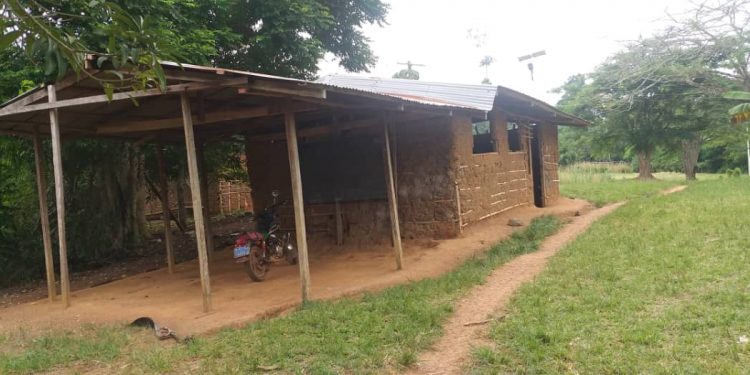Education has always proven to be that very important tool for development in any country.
In Ghana however, although the government has taken steps to ensure the realization of this, there is still a lot of work to be done as the country’s education sector is fraught with several challenges, especially in the rural areas.
This situation undoubtedly retards the pace of educational development in Ghana today, and results in a huge gap between urban and rural children in terms of quality education.
We were hit with this reality when we were posted to a small rural community called Jerusalem with less than 2000 people to serve as national service personnel.
The only school there – Nyamebekyere M/A where we taught was established in 1988.
And ever since its inception, it has never had a JHS block, and classes 3 and 4, as well as 5 and 6, were compressed into one classroom due to lack of classroom blocks and inadequate teachers.
The situation as we have learnt, is the exact picture for most rural basic schools in Ghana.
When schools in rural communities have only people who see teaching as a source of livelihood rather than a noble chosen profession, then it is a troubling phenomenon.
Although Ghana’s constitution stipulates that: “the state shall provide educational facilities at all levels in all the regions of Ghana, and shall to the greatest extent possible make these facilities available to all citizens”, this has been and still is a mere rhetoric other than reality, especially where the rural child is concerned.
The urban educational system has its challenges though, but problems at the rural level are more challenging.
The advantage of the city or urban education far outweighs that of rural areas.
The major concern of the unequal access to quality education or disparity of the rural areas versus the urban one has marginalized the rural child who equally wants to have access to the same system and standard of education as it is in the urban settings.
Students in the city are exposed to many social and environmental happenings in their surroundings and daily interactions, making them far better in terms of depth of knowledge and academic performance than rural students.
Education in rural areas suffers poor planning and defective policy implementation characterized by low enrollment and consistent abysmal performances.

Unequal distribution of education infrastructure could only lead to the disparity that can only be addressed if politics was avoided in education planning, and a national policy direction that dictates to policymakers what to do and not what they wish.
Enough funds must be voted towards quality education with serious monitoring thus making the entire nation to benefit from the system.
In light of this, we want to make a passionate appeal to all stakeholders, NGOs, corporate bodies as well as the government to help Nyamebekyere M/A in the undermentioned areas:
The lack of teaching and learning materials such as computers, printers, textbooks, reading materials, exercise books, notebooks, pens, school bags, uniforms, sandals etc are bother for children in these areas.

Infrastructures such as the construction of a JHS block to enable continuity for those who finish primary six, classroom furniture, a medical facility, library, amongst others are needed to make life better.
Education provides people with knowledge and skills which helps improve economic growth and reduces poverty.
Ghanaians must therefore not be denied the quality and equal education system.

Enough resources must be made available to run the wheels of the development agenda.
It sometimes appears that enough resources have been spent yet little could be seen.
We hope to have a very good, positive and encouraging response, and urge all stakeholders to lend their support to help address some of the aforementioned problems which retard the pace of educational development in Ghana today.









